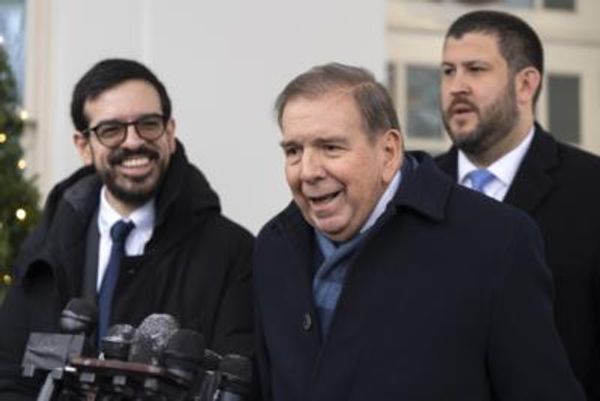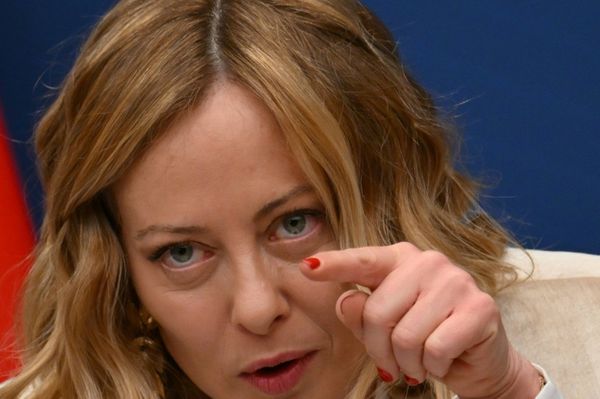
Paris (AFP) - At parties, on stages and in meetings, Changpeng Zhao, who has been charged with illegal trading in the United States, is rarely seen without his black polo shirt, emblazoned with the insignia of his crypto firm Binance.
The humble look is vital to the myth of Zhao, the boy from rural China who once flipped burgers for a living in Canada but now has a personal fortune estimated in the tens of billions.
"I'm a small entrepreneur," he told AFP last year when comparing himself to Elon Musk, adding for good measure that he was just a "normal guy" compared to the world's richest man.
Yet Binance has cornered much of the crypto-trading market.
The 45-year-old, who founded Binance in Shanghai in 2017, has emerged as the most visible figure in crypto after his great rival Sam Bankman-Fried was arrested last year over claims he masterminded a giant Ponzi scheme.
But Zhao's breakneck rise has also been dogged by controversy.
His cryptocurrency exchange has long been accused of facilitating money laundering, setting up complex structures to avoid regulation, and busting sanctions -- claims it denies.
US regulators on Monday said Zhao had presided over years of wilful evasion of the rules and wanted him and his company banned from trading in the US and fined.
True grit?
If the charges stick, it would be a major wrinkle in a carefully orchestrated rags-to-riches tale that has become almost mythical in crypto circles.
Zhao's early life in China was scarred by hardship when his parents were sent to the countryside for a dose of peasant reality -- a common punishment for those suspected of having capitalist sympathies during the Cultural Revolution.
After the family emigrated to Canada a decade later, young Zhao had to work at McDonald's and a petrol station to help the family survive.
This instilled "drive, grit, and initiative" into the young man and helped to create today's "crypto leader", according to the Binance website.
Zhao's nomadic childhood informed his adult life, which has seen him crop up everywhere from New York to Tokyo.
The official legend has it that he caught the bitcoin bug during a conversation around a poker table, and started Binance a few years later.
He quickly left China and has since hinted that he might set up Binance in many jurisdictions -- Singapore, France, Malta, Dubai, Bahrain -- without definitively committing to any of them.
He often says he "favours good regulation over bad" and dismisses the idea of a company needing headquarters as a "complex issue", before swiftly changing the subject.
This opacity has made him a popular figure among crypto purists, who loathe any form of regulation, and for years kept regulators from knocking too hard at his door.
Musk flirtation
But the whiff of scandal finally got too much for the US Commodity Futures Trading Commission, which labelled Binance's compliance regime a "sham".
The regulator accused Zhao, among other things, of orchestrating a "secret plot" to help VIP customers evade the law.
Apparently in response to the charges, Zhao indicated on Twitter that he intended to ignore such "attacks".
When similar claims were made in the media last year, Zhao feuded openly with journalists and accused outlets, including Reuters, of peddling fake news.
Zhao's bruising run-ins with the media have seen him increasingly champion the free speech absolutism also favoured by Musk.
The Binance boss has curried favour with Tesla CEO Musk, throwing $500 million at the magnate's Twitter buyout.
Yet Zhao told journalists in November last year that the two men had not met in person.
"He's busy, I'm busy," said Zhao.
But ever mindful of his blue-collar image, he added: "If we happen to be in the same city, I wouldn't mind it.If he's a good drinker."







